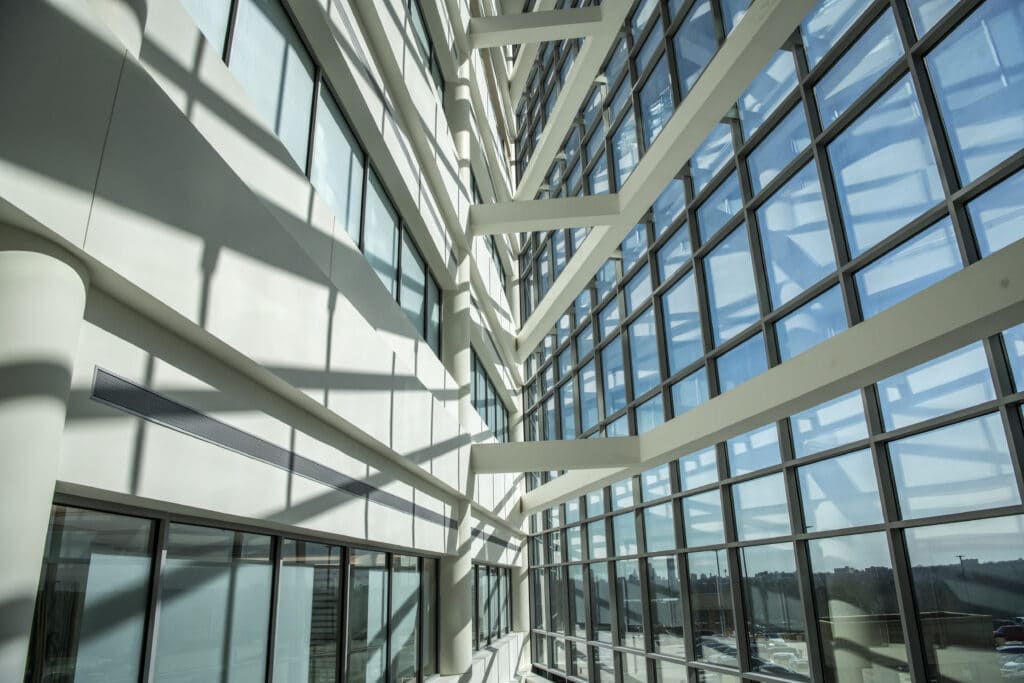
Helps Steer the COE Ship
In October 2021, the Community Outreach and Engagement Office (COE) of the Winthrop P. Rockefeller Cancer Institute established an advisory board comprised of 15 people representing every area of the state. The board’s role is an important one — to guide the Cancer Institute in how to meet the cancer needs of Arkansas. The board’s direction includes advising the cancer navigation program and prioritizing community-based cancer research.
The board is a diverse group of cancer survivors, caregivers, community members, doctors, nurses, pastors, business professionals, even a librarian, who work together to improve access to cancer prevention and treatment in
the state’s underserved communities.
Laura Sparks of Pine Bluff, Arkansas, is one of three cancer survivors serving on the board. When she was diagnosed with breast cancer in 2015, there was no community outreach program.
“I didn’t have a cancer navigator, but I was the type to reach out to others and create my own support system,” she said. “Many people dealing with health issues do not have that. I can’t imagine what it would have been like not to have someone to help me find wigs, tell me when to expect my hair to fall out, and how to keep nausea at bay.”
William Tolbert of Little Rock also provides the critical perspective of a cancer survivor on the board. He remembers feeling like he was a burden to others during his cancer fight. Had he not been treated close to home, he’s not sure he would have made it.
“Having a navigator close or a phone call away can be the difference between getting treated and death for many patients, especially if they already feel isolated geographically,” he said. “I know I didn’t want to be a burden, but I had someone to make me go to the doctor. Everyone needs someone in their corner to ease their mind so they can focus on their health. “It can be a long and lonely fight,” he said.
Much of the board’s work so far has involved connecting navigators to community partners who help them meet a variety of patient needs. More than 100 community partners are already at work across the state providing food, transportation and financial support.
The board has also provided significant input on three cancer researcher studies, including the protocol review, instruments, recruitment methods and recommending changes, which were implemented into the research. Over the next few months the board will implement a statewide cancer needs assessment.
